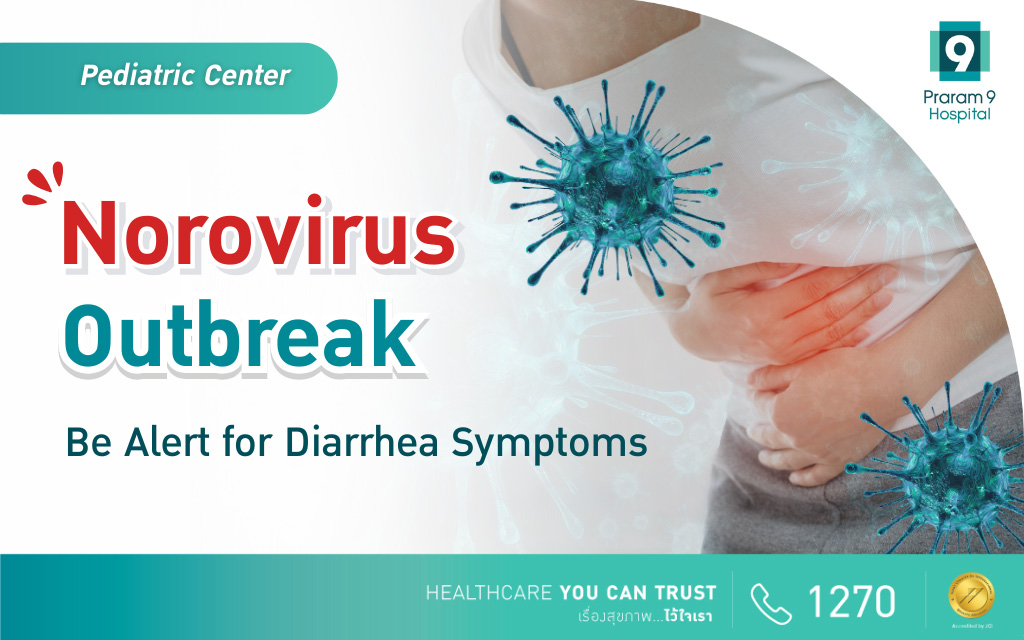Congestive Heart Failure (CHF) can occur when the heart cannot pump adequate blood to all parts of the body. When the heart is weak or destroyed, the ability of pumping blood becomes less. The results are congestion of blood in the atriums, lungs, or other parts of the body.
Symptoms of heart failure
- Difficulty breathing, which might occur all the time, during exercising or using lots of energy, or only at night
- Rapid weight gain, which is the accumulation of fluid in the body more than fat
- Swelling hands, feet, or stomach
- Fatigue
- Dry cough or severe and frequent cough
- Insomnia
Factors that can worsen congestive heart failure
- Heart, such as rapid heartbeat, slow heartbeat, lack of oxygen or heart muscles have died, or heart valve disease.
- Other causes, such as lack of control and treatment in terms of salt, fluid, and medicine; receive medicines that are poisonous to the heart; infection; too much consumption of alcohol; abnormal kidney function; blood vessel clot in the lungs; hypertension; thyroid gland disorder; and anemia.
- Take medicine irregularly
- Take medicine that causes the congestion of fluid and salt or medicine that adds pressure to the heart function
- Have food that is too salty
Most symptoms can be controlled by relaxation, diet control, and medication.
You can control the symptoms as mentioned above by seeing the doctor and taking medicines as instructed by the doctor, which can prevent edema and increased contractions of the heart. Weigh your body weight and record it every day. If the weight increases abruptly, contact or see the doctor immediately. Avoid eating food with sodium (salt) as instructed by your doctor and take a rest when feeling tired. These things can prevent the heart from working too much.
More Information: Praram 9 Cardiovascular Institute






